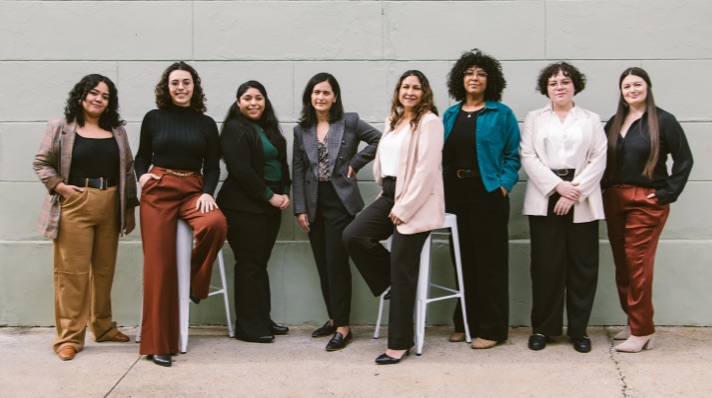40 Years of Standards-Based Reform: What Comes Next?
Today marks the 40th anniversary of the National Commission on Excellence in Education’s publication of A Nation at Risk, which sent education reform into overdrive. Specifically, standards-based reform (SBR) became the dominant approach to national education policies and focused reform efforts on learning standards, teacher quality, accountability, and student assessment. A 3-part research series found that while SBR attempted to remedy “school quality,” it did not fully address structural educational inequities. Not only do academic racial and socioeconomic disparities persist, but SBR’s hyperfocus on standardized testing and accountability had negative and unintended consequences on schools and districts, particularly those serving primarily Black and Latinx students and students from low-income backgrounds.
Further, SBR led to misguided decision-making that resulted in a narrowing of curriculum and encouraged a teaching-to-the-test mentality that has stifled both educator creativity and student passion for exploring the unknown. Yet, amidst these challenges, there is an opportunity to learn from the past and create a new paradigm for education that achieves equitable outcomes for all students. It’s not a matter of whether such a paradigm exists but a matter of bringing together stakeholders across the educational landscape, including historically underrepresented communities, students, educators, researchers, and policymakers, to construct it.
EduDream, a Latina-founded, women-owned research and consulting firm, is inspiring educational transformation, by bridging community voice and rigorous research. In 2022, EduDream launched the K12 Research for Equity Hub (The Hub), which is a multi-year initiative supporting research to explore the strengths, limitations, and policy implications of reimagining K12 education assessment and accountability systems. These systems should support teaching and learning for all students, but especially for those who have been historically underserved by the U.S. education system including: Black, Latinx, and Native/Indigenous students, students experiencing poverty, students with disabilities, and English-language learners. The Hub’s innovative research studies can create a clear pathway to inform national policy dialogue and transform the education system at large.
Looking back, the SBR movement was sparked by a desire to better the U.S. education system and the movement spurred action to raise student academic expectations. As SBR turns 40, let’s put our best and most inclusive collective judgment, based on four decades of experimentation, innovation, research, and reflection, to the test. Together, we can do the seemingly impossible and shift paradigms on assessment and accountability in support of an education system that centers equity, fosters a love of learning, and encourages innovation in the classroom and beyond.




